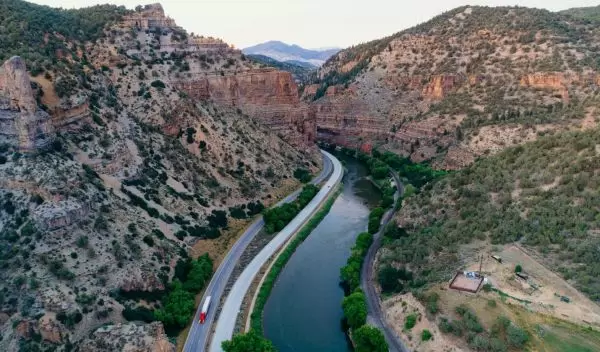
Interaction between humans and the environment is focus of 15 new NSF-funded projects
From Southwestern deserts to tropical mangrove reefs, everywhere humans live or go we impact the environment, and the environment impacts us. Fifteen new projects totaling more than $21.6 million funded by the U.S. National Science Foundation will explore these complex interactions in ecosystems around the globe, examine how they affect a variety of species from humans to bees to trees, and develop tools and models that can be used to predict future impacts to vital resources.
The awards are supported by NSF's Dynamics of Integrated Socio-Environmental Systems, or DISES, program, a collaboration among the directorates for Biological Sciences, Geosciences, and Social, Behavioral and Economic Sciences. Each award supports research in a specific socio-environmental system, across multiple systems, or the creation of networks of scientists to share data and advance socio-environmental research.
"We can see the results of interactions between humans and the environment everywhere, from rapidly decreasing water resources in the Southwest, to increases in urban greening and gardens that benefit pollinators, to how changes in climate affect farming in the Midwest," said Joanne Tornow, assistant director for Biological Sciences at NSF. "It is critical that we understand the causes and impacts of these interactions to protect society and the vital environmental resources we are losing daily. These awards will provide that knowledge and help us predict how humans will influence the environment and vice versa in the future."
The findings will be incorporated into policy and public efforts through collaborations among the research teams, government officials, resource managers and other stakeholders in places such as Cleveland, Ohio; the Mississippi River Valley; and Midwest agricultural systems. The researchers are affiliated with 36 institutions, including six minority-serving institutions, five institutions in EPSCoR jurisdictions, and one primarily undergraduate institution.
Learn more about the DISES program and find a full list of awards at nsf.gov.


